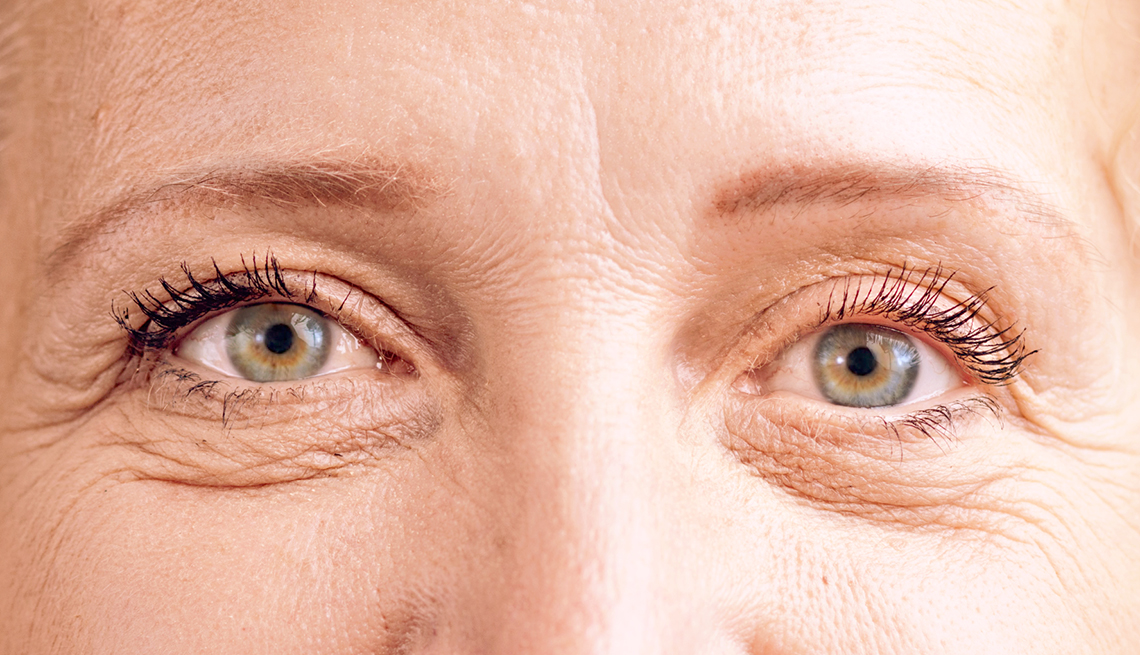All Categories
Featured
Table of Contents

Routine eye assessments are essential for keeping great vision and discovering prospective eye health and wellness issues early. The frequency of these exams can vary significantly based on a person's age, lifestyle, and overall wellness. Comprehending the suggested schedule for eye tests can help ensure that individuals of every ages get ideal care and tracking for their eye wellness.
Infants and Toddlers (0-2 Years)
For kids and infants, eye exams are vital for spotting any type of possible vision problems early. The American Academy of Ophthalmology recommends that a child's very first eye test need to occur at around six months of age. Throughout this preliminary browse through, the eye care specialist will analyze the child's visual growth and look for any evident eye problems.Following this initial test, it is suggested that kids have another eye exam at age 3. This see will certainly focus on evaluating the child's total visual function, including eye placement and the ability to track objects. If no concerns are found, the next examination ought to be scheduled before the kid starts college, commonly around age 5 or 6.
School-Aged Kids (6-18 Years)
Routine eye exams should be scheduled every one to two years when kids get to college age. Vision is critical for learning and growth, and lots of colleges conduct vision testings. These screenings do not change a thorough eye examination by an eye care professional.For children entailed in tasks or sports requiring significant aesthetic focus, annual eye examinations may be recommended. Additionally, if a child shows indications of vision troubles-- such as difficulty reviewing, squinting, or frequent frustrations-- a see to the eye doctor must be set up asap.
Young Grownups (19-39 Years)
Young person usually have fewer vision changes than older age, however normal eye examinations continue to be important. The basic recommendation is to arrange an eye exam every two years during this period. Nevertheless, individuals with specific danger variables-- such as a family members history of eye condition, diabetes, or those who wear call lenses-- should take into consideration annual eye exams.Furthermore, those who spend considerable time on electronic tools may experience electronic eye stress. If signs such as dry skin, tiredness, or blurred vision happen, it might be a good idea to see an eye care specialist sooner.
Adults (40-64 Years)
As individuals enter midlife, the likelihood of developing vision problems rises. Grownups aged 40 to 64 need to set up eye examinations each to two years. This age group might begin to experience presbyopia, an all-natural age-related condition that makes it testing to concentrate on close items. Eye exams can also aid identify other typical age-related problems such as glaucoma, cataracts, and macular degeneration.If people in this age have danger factors such as high blood pressure or diabetes, they might require even more frequent assessments to check their eye health and wellness carefully.
Elders (65 Years and Older)
For seniors, regular eye exams end up being even more vital. The American Optometric Association suggests that individuals matured 65 and older have an eye exam at the very least yearly. Older adults go to a greater threat for various eye illness, including cataracts, glaucoma, and age-related macular deterioration. Early discovery and treatment of these conditions can stop vision loss and boost the lifestyle.Final thought.
Recognizing the appropriate timetable for eye tests based on age is crucial for preserving optimum eye wellness throughout life. From babies to senior citizens, normal eye evaluations play a critical role in detecting concerns early and making sure that vision continues to be sharp. By sticking to these guidelines and seeking advice from with an eye treatment specialist, individuals can take positive actions towards maintaining their vision and general wellness. Whether it's a youngster's initial go to or a senior's annual exam, prioritizing eye care is an investment in long-lasting health.Table of Contents
Latest Posts
Professional Residential Roof Tear-Offs
Published Nov 26, 24
2 min read
Evolving with the Market: How Local Automobile Repair Work Shops Keep Upgraded with Arising Technologies and Fixing Techniques
Published Nov 26, 24
0 min read
Flat Roofs vs. Pitched Roofs: Pros and Cons for Homeowners
Published Nov 26, 24
1 min read
More
Latest Posts
Professional Residential Roof Tear-Offs
Published Nov 26, 24
2 min read
Evolving with the Market: How Local Automobile Repair Work Shops Keep Upgraded with Arising Technologies and Fixing Techniques
Published Nov 26, 24
0 min read
Flat Roofs vs. Pitched Roofs: Pros and Cons for Homeowners
Published Nov 26, 24
1 min read